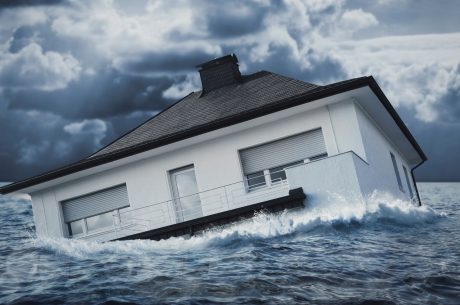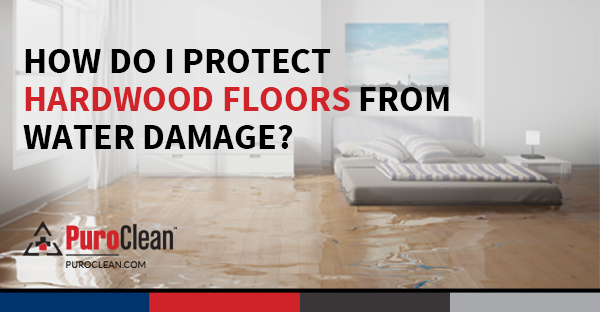Living in McLean means enjoying beautiful neighborhoods, charming homes, and a strong sense of community. But along with all its appeal, homeowners in the area often deal with a common issue: water in the basement. Whether it comes from heavy rain, high humidity, or the challenges that come with older homes, moisture has a way of getting inside and creating serious problems.
If you are wondering how to stop water from coming in basement, you are not alone. This is a challenge that many McLean homeowners face. The good news is that it is completely manageable. With the right steps, you can protect your home, prevent costly damage, and enjoy peace of mind. This blog will guide you through simple and effective ways to keep your basement dry and safe.
Why McLean Homes Are Especially Vulnerable
While every home is unique, McLean presents a few environmental and structural challenges that make basement water issues particularly common. Knowing why your home is at risk is the first step toward effective prevention.
McLean’s landscape includes sloped lots, dense clay soil, and a relatively high water table. Combine these with older home construction and increasingly heavy seasonal rainfall, and you’ve got a formula for repeated water intrusion.
The Real Impact of Basement Water Damage
Water in your basement is more than just a temporary inconvenience. If left unaddressed, it can lead to health hazards, costly damage, and a serious decline in your home’s resale value. Mold and mildew can form within 24 to 48 hours, especially in dark, damp spaces. Once moisture takes hold, it can damage furniture, flooring, drywall, and even your home’s foundation. That’s why it’s so important to act fast. Learning how to stop water from coming in basement areas early could save you thousands on repairs and costly water damage cleanup.
How to Stop Water from Coming in Basement: 7 Smart Solutions
Every homeowner in McLean should have a reliable water protection plan. These practical strategies will help you block moisture before it gets in and keep your basement dry year-round.
1. Improve Grading Around Your Home
When the soil around your house slopes toward your foundation, water naturally follows. Regarding the soil to slope away from the home helps redirect rainwater and snowmelt safely into your yard.
2. Install or Maintain Gutters and Downspouts
Gutters should be cleaned at least twice a year to prevent clogs and overflow. Downspouts must extend several feet away from the house to prevent water from pooling near your foundation.
3. Seal Cracks in Foundation Walls and Floors
Even hairline cracks can let water in over time. Using waterproof sealants or having professional epoxy injections can reinforce your foundation and stop minor leaks before they worsen.
4. Add a French Drain System
This underground drainage system captures water before it reaches your basement and redirects it away from your property. It’s one of the most efficient ways to manage excess groundwater.
5. Apply Waterproofing Coatings
Waterproof sealants can be applied to the interior walls and floors of your basement. These coatings add a protective barrier to reduce moisture seepage and are a great supplemental step in any plan focused on how to stop water from coming into basement structures.
6. Install a Sump Pump
A sump pump collects water from the lowest point in your basement and pumps it outside. It’s especially critical during heavy rain or snowmelt. Be sure to choose a model with a battery backup to stay protected during power outages.
7. Lay a Vapor Barrier
Vapor barriers are heavy-duty plastic sheets installed on walls and floors to block moisture. They are ideal for unfinished basements and help prevent condensation and mold formation.

Consistency Is Key to Prevention
Once you’ve put your protective measures in place, you’ll need to stay vigilant. Moisture intrusion is often gradual, and regular maintenance is your best defense.
Here’s how to keep your strategy strong:
- Inspect the basement every few months for signs of dampness
- Check for new cracks in walls or flooring
- Keep gutters clean and grading intact
- Test your sump pump system at the start of each season
- Address musty odors immediately
Staying consistent with these practices ensures you are never caught off guard.
When DIY Is Not Enough
While many water issues can be prevented with homeowner maintenance, some cases call for professional help. If you’ve already had one or more floods, or if you’re planning to finish or renovate your basement, it’s wise to bring in an expert.
Professionals like PuroClean of McLean can perform a full moisture inspection, identify hidden vulnerabilities, and implement long-term waterproofing solutions. Sometimes, the most effective method for how to stop water from coming in basement walls or floors involves both interior and exterior work.
Conclusion: Stay Ahead of Basement Water Issues in McLean
Water damage in your basement does not have to be a recurring problem. With the right plan, tools, and support, you can protect your home from unnecessary damage and stress. Don’t wait until the next storm to act.
Whether it’s enhancing your drainage systems, sealing entry points, or maintaining consistent checks, prevention is both achievable and worthwhile. The key is to be proactive, stay informed, and address small issues before they turn into major repairs.
FAQ
Q1. What is the best time of year to waterproof a basement?
Ans: – Spring and early summer are ideal because they allow time for installation before the heaviest rainfall. However, basement waterproofing can be done year-round if needed.
Q2. Can plants or landscaping affect my basement drainage?
Ans: – Yes. Plant roots and certain landscaping features can interfere with drainage or push water toward your foundation. Always design landscaping to promote runoff away from the home.
Q3. Is basement waterproofing permanent?
Ans: – Some methods, like interior coatings, are temporary and may need reapplication. Exterior waterproofing and full drainage systems tend to be more permanent but still require regular maintenance.
Q4. How much does it typically cost to waterproof a basement in McLean?
Ans: – Costs vary based on the size of the basement and the severity of the water issue. Minor interior sealing might cost a few hundred dollars, while full systems can range into several thousand.
Q5. Can I finish my basement if it has had water issues in the past?
Ans: – Yes, but only after fully addressing the moisture problems. Ensure that all sources of water intrusion are fixed and install a good dehumidification system before beginning renovation.



